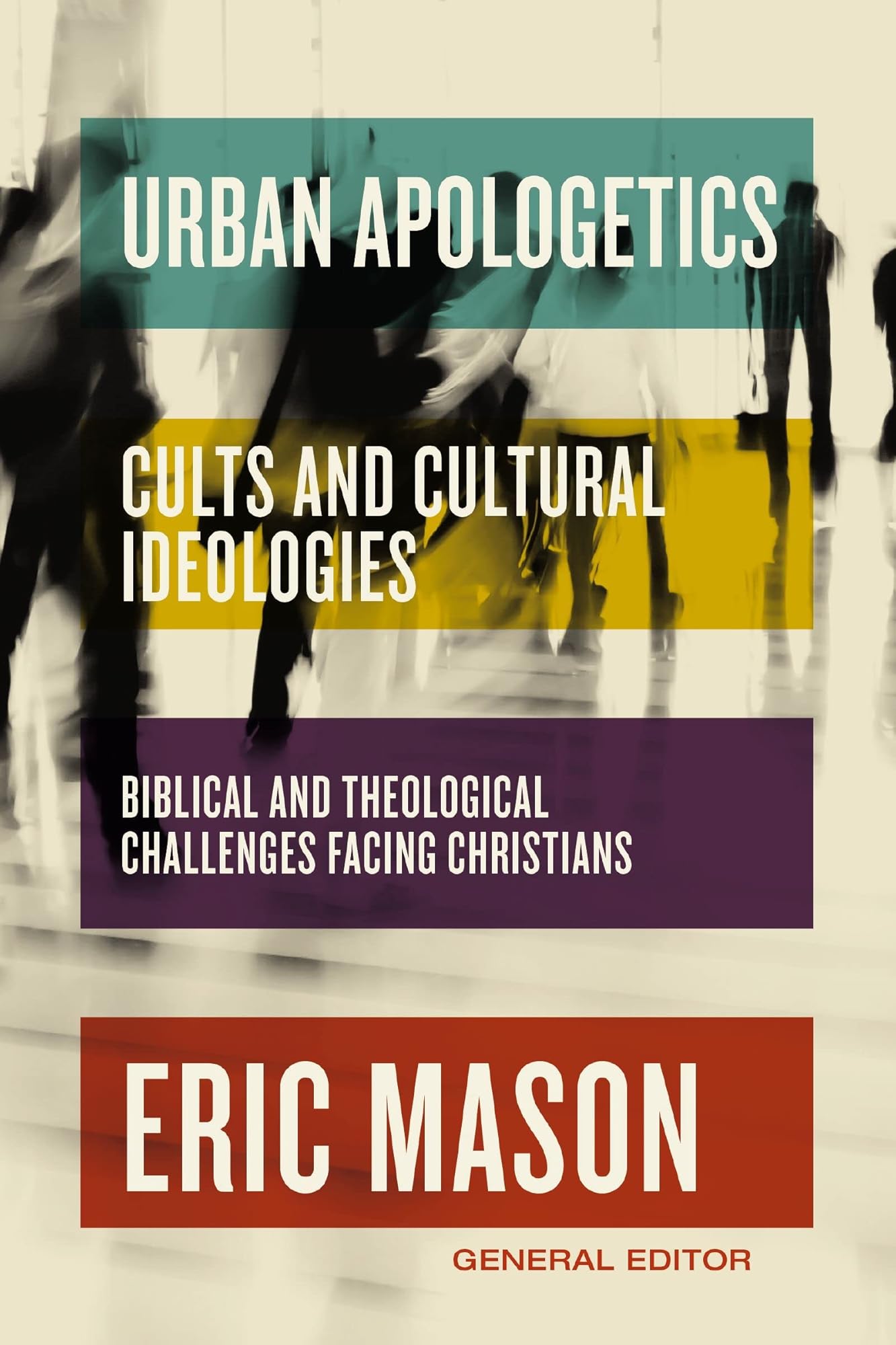
Urban Apologetics

The High Church Anglicans of the late 1600s stressed “primitive Christianity,” which they thought of as the pure faith practiced in the first century. High Church Anglicans emphasized imitating the faith and life of early believers, asceticism, discipline for society, and regular observance of the Eucharist. Samuel and Susannah Wesley were both
... See moreEric Mason • Urban Apologetics
White Christian nationalism thrives in the sacred spaces, rhetoric, and symbols of evangelicalism, where it siphons much of its religious fervor and legitimacy. In some instances WCN has transformed American evangelicalism itself into a cult of race, power, and politics.
Eric Mason • Urban Apologetics
Unlike a religion with specific tenets of faith, the LGBTQ+ community is rooted in an assortment of premises including diversity, self-identification, and nonconformity.
Eric Mason • Urban Apologetics
So an enslaved African could be a full member of Davies’s church and would be taught to read and write, but could not have his Black body go free with Davies’s support and advocacy.
Eric Mason • Urban Apologetics
Hypocrisy breeds distrust.
Eric Mason • Urban Apologetics
It’s important to recognize that racism and white supremacy were not external, distorting factors affecting the growth and development of American evangelicalism. Rather, American evangelicalism itself was giving birth to whiteness, race, racism, and white supremacy. The religious movement was the parent not the child in this relationship. American
... See moreEric Mason • Urban Apologetics
First, it presumes that the Gospels are, for some unexplained reason, more authoritative and comprehensive than the rest of Scripture. Yet the apostles and the early church taught that all Scripture is given by inspiration of God and profitable—not just some parts of it (2 Tim. 3:16). Some of the Bible’s most important teachings are found
... See moreEric Mason • Urban Apologetics
What is the answer to deconstruction? Reconstruction. Reconstruction is the process of solidifying your core beliefs. And it begins by prioritizing and emphasizing discipleship. We need to teach people what it means to follow Christ.
Eric Mason • Urban Apologetics
Local churches and leaders must be students of the Bible, history, and culture. And being aware of what is happening in the broader culture means getting ahead of the curve—having a healthy, and perhaps prophetic, anticipation of what you will be dealing with.